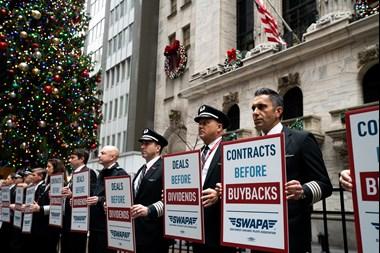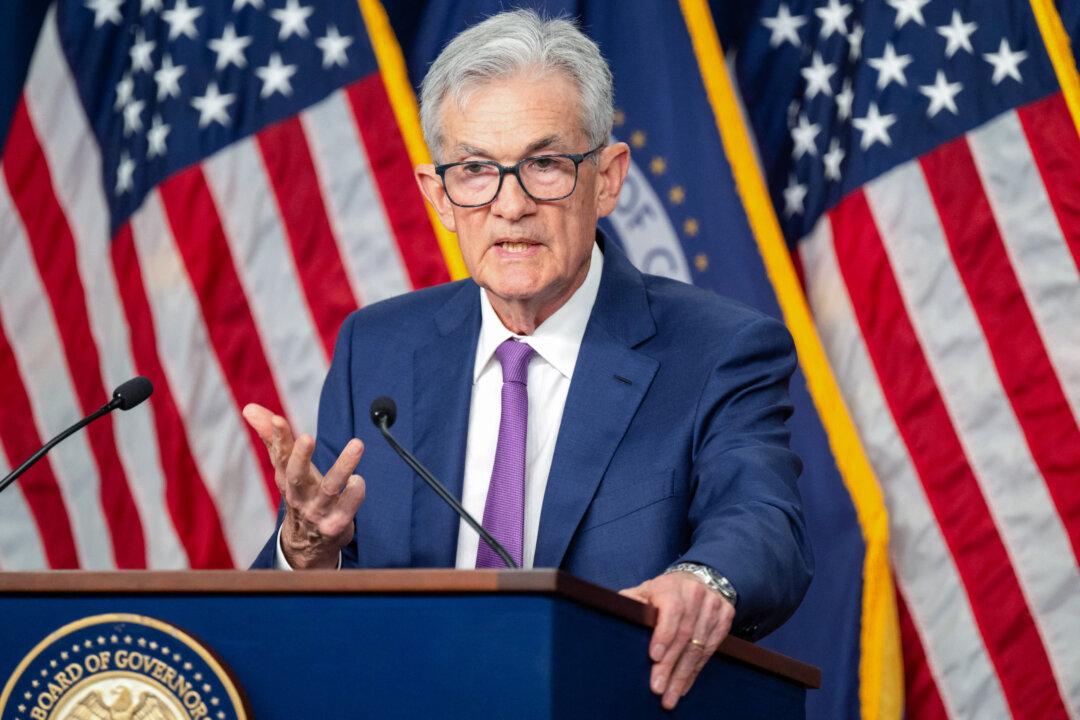Commentary
Federal Reserve Chair Jerome Powell dismissed the notion that the Federal Reserve should take a hand in making climate policy. “Without explicit congressional legislation, it would be inappropriate for us to use our monetary policy or supervisory tools to promote a greener economy or to achieve other climate-based goals,” he said at a forum for central bankers in Stockholm on Jan. 10. “Decisions about policies to directly address climate change should be made by the elected branches of government and thus reflect the public’s will as expressed through elections,” Powell added.





